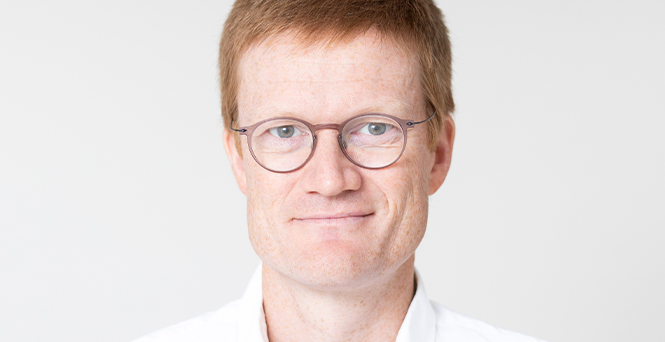URL: https://v1.desy.de/site_www-desy/content/about_desy/lead_scientists/markus_guehr/aufgabenuebersichtsplan_v1_20220131_eng.html/@@siteview
Breadcrumb Navigation

Markus Gühr
Leading Scientist of FLASH
Markus Gühr is Lead Scientist at DESY, appointed jointly with the Faculty of Chemistry at the University of Hamburg. As scientific head of the free-electron laser FLASH, he is responsible for the world's first X-ray laser based on the principle of self-amplified spontaneous emission (SASE), which has been operating as a user facility since 2005 and whose research potential is currently being further improved with the FLASH2020+ expansion project.
Markus Gühr and the FLASH team aim to use FLASH to reveal the full complexity of nature – the interaction of nuclei and electrons in the context of quantum mechanics. His area of expertise is the conversion of (sun)light into other forms of energy in molecules. At FLASH, he wants to push the boundaries of what is feasible and conceivable, open up further areas of science that can be explored with free-electron lasers, and thus turn FLASH into a free-electron laser that attracts new users.
Academic career
| since 2022 | Lead Scientist at DESY and Professor of Physical Chemistry at the University of Hamburg |
| 2020-2022 | Associate Professor for Experimental Quantum Physics, University of Potsdam |
| 2015-2020 | Lichtenberg Professor, University of Potsdam, funded by the Volkswagen Foundation |
| 2007-2015 | Staff Scientist, SLAC National Accelerator Laboratory, USA |
| 2006-2007 | Postdoc, Stanford University, USA |
| 2001-2005 | Research Assistant, Free University of Berlin |
| 2005 | Doctorate in Physics, Free University of Berlin |
Activities, memberships and awards
| 2017-2022 | Board Member, Physikalische Gesellschaft zu Berlin |
| 2017-2023 | Member of the LCLS Advisory Board (Chair: 2020-2022) |
| 2017-2022 | Member of the LCLS Proposal Review Panel |
| 2015 | Lichtenberg Professorship by Volkswagen Stiftung |
| 2011 | US Department of Energy Early Career Grant |
| 2006-2007 | Feodor Lynen Fellowship |
| 2005 | Best PhD thesis of the Free University Berlin 2005 (Ernst Reuter Prize) |


